As marketers, we know it’s hard to acquire customers. We get their attention with content marketing and nurture them through cycles of emails, hoping that they’ll bite and commit to our product. It’s even harder when you’re trying to market a product to so many different demographics—a 50-something who is unfamiliar with digital marketing is going to react very differently to a Facebook ad than a 20-something who is well-versed in digital marketing tactics.
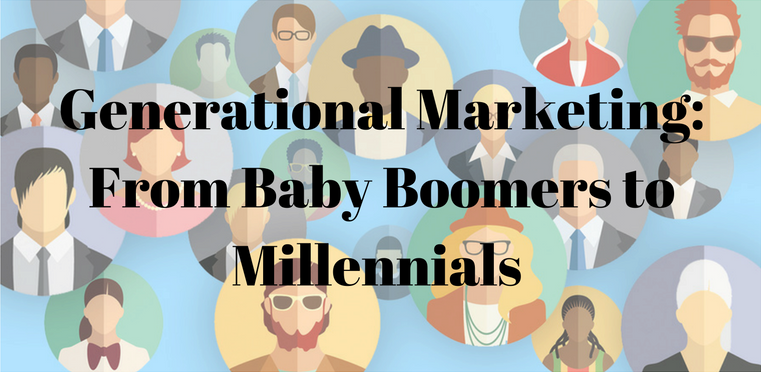
As a millennial, I know when brands are targeting me online—I see your cute branding and slightly-sarcastic lingo! But how can brands make sure they are targeting all the demographics effectively? Which generations respond best to telephone calls, who is most likely to shop in-store, or get hooked because your product is eco-friendly? Don’t worry. I’ve done my research.
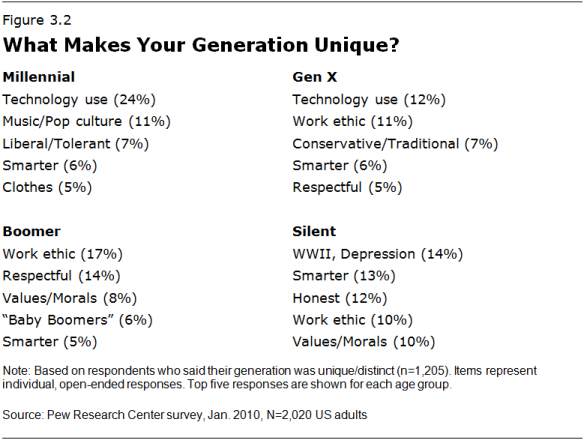
Marketing to Baby Boomers
Who are Baby Boomers?
The group who still leaves and listens to voicemails. Baby Boomers were born between 1946 and 1964 and grew up during the American-dream, white-picket-fence era of post WWII. As their younger counterparts have taught boomers how to use technology, this generation is slowly embracing it. According to Pew Research, by 2014, 65% of adults aged 50-64 used social networking sites, with the vast majority engaging with Facebook to revive “dormant” relationships.
The Boomers are the most likely to misunderstand Facebook remarketing ads clogging up their Newsfeeds but still be receptive to direct marketing/sales tactics; they like to talk to real people. Boomers have the highest value as consumers in the market today! They spend the most money on each shopping trip, and as they are hitting retirement, they are more likely to splurge on items that aren’t on the grocery list. Surprisingly, this generation even spends the most on technology—everything from premium cable to the latest smartphone.
5 Tips for Marketing to Baby Boomers
1. Take Advantage of Brand Loyalty
My aunts and uncles fall into the Boomer generation, and if I have learned anything from watching their shopping habit it is loyalty. When my uncle heard a rumor that his favorite deodorant (Old Spice Original) was changing their formula, he went out and bought enough to last him the rest of his life. Same thing happens when my aunts discover their favorite wines, they will buy every bottle Trader Joes has as if it’s Apocalypse Now. If you can prove that your product is great quality and will be necessary for an indefinite amount of time, you should be able to acquire some Boomers as customers.
2. Go for the Up-Sell
A great way to capitalize on the extra cash Baby Boomers are dishing out is to utilize up-sells. In particular, this generation is a fan of entertainment, wine, and buy the most prescription medicine (I’m not kidding!). They tend to like knowing the value of a service—how it will make their lives easier—without feeling pushed. What better way to not be pushy than to ask if they’d like to add $10 per month for an extra 100GB of storage? According to Pro salesman Jeffery Gitomer, upselling can also help build better relationships with your customers; it’s also much easier to upsell than to generate a net-new sale!
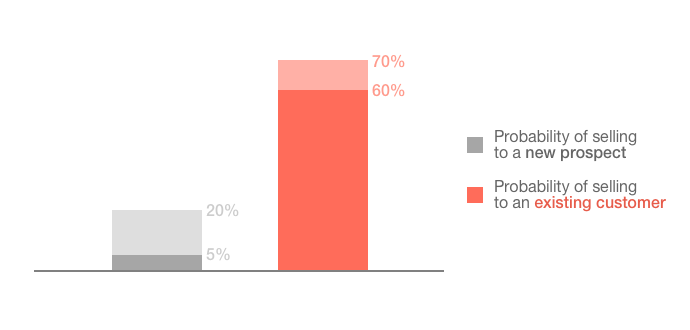
3. Tie in Cash-Back
Cash back can be a bit of a commitment for someone who isn’t trying to spend a ton of money to earn it. Fortunately, Boomers are used to spending enough at certain places (commitment!) that cash-back programs have a good appeal. A great and obvious example of this is credit cards! 48% of baby Boomers already rely on credit cards, and would prefer to spend more as opposed to leaving money on the table. Most of the Boomers are I know are big fans of American Express because of the points they can generate through big purchases—which can then fund a vacation or buy a nutribullet for their niece…
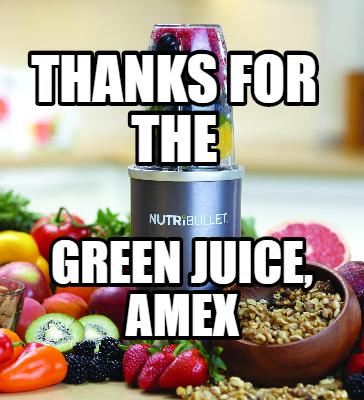
4. If It Ain’t Broke, Don’t Fix It
This generation is the most susceptible to traditional marketing and sales tactics. Boomers tend to want to talk to a real person before they make a purchase—but don’t call during dinner! Marketing tactics seen as intrusive on their personal lives are not welcomed, but traditional television and newspaper ads are okay! Because most Boomers reportedly use social media to keep up with long-lost friends, they are most likely going to report your Facebook Ad as spam.
They are also the least likely to read that long-form blog post; Baby Boomers report that the articles they like the most are only 300 words.
It may seem obvious, but Boomers are also the least likely to make a purchase on their smartphones—but this is a good chance to reevaluate your mobile checkout. Could your grandmother get through it seamlessly?
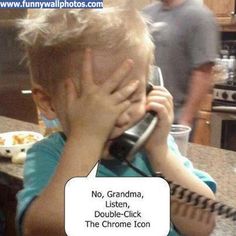
5. Plot Twist: Skip the Discounts
Baby Boomers are entering retirement or have been enjoying retirement for a few years already—something they’ve worked tireless to achieve. According to the AARP, US adults over 50 spend $3.2 trillion annually and have accumulated $15 trillion in financial assets; which is greater than the total GDP of countries such as Italy, Russia, the UK and France!
The over-50 crowd accounts for 50% of all consumer expenditures, but we marketers are only spending 10% of our budgets on them. There is a huge opportunity to grab those extra dollars that Boomers are dishing out! Try marketing full-price or “top-shelf” products to them. No one wants to be drinking $7 wine in their 60’s, or buying used furniture on Craigslist for the house they just downsized to after their last 25-year-old moved out. Boomers are more likely going to be okay with splurging on themselves in retirement.
Marketing to Generation X
Who are Generation Xers?
The neglected middle child. Gen X is the smallest generation, born between 1965 and 1980 and often referred to as the bridge between Millennials and Baby Boomers. Gen Xers are now juggling child care, homeownership, and reaching the peak of their careers. Think of the 40-year-old who went to high school in the 80’s and hated the first Bush era, and is now working in green energy and has little kids to contend with. This generation remembers how video killed the radio star and are more pessimistic about having enough money to retire.
Gen Xers are busy! They’re dealing with children, paying mortgages and tuition, and working a LOT. Turns out, they’re also on online—more than 80% of this generation reports that they are on Facebook, MySpace (what?!) and Twitter. They are more on par with technology adoption and use with millennials, and are more likely to be politically loyal throughout their lives than either of the other generations. Gen Xers claim to be the most dedicated to lists while shopping, but also fessed up to making the most unplanned purchases on their shopping excursions. This generation is our true hybrid when it comes to marketing. They grew up without the online shopping experience, so they still enjoy a trip in-store, but have fully embraced online shopping as well.
5 Tips for Marketing to Generation X
1. Everyone Loves Coupons
Gen Xers were just gaining momentum in the workforce when Great Recession hit. They don’t think they can rely on Social Security after retirement. Gen Xers are saving up for college, home ownership, starting a business, and retirement—which leads me to…COUPONS. Personally, I think Blue Apron and Plated do a great job with this, while offering a product that would make Gen Xers’ lives easier.
Though email marketing seems to be old news, it is still the best way to communicate with Generation X. This generation is already plugged into Outlook constantly for work and updates from family, it’s natural that they would react positively to retail emails. Not to mention they are checking email at work, at home, on tablets and iPhones and desktops.
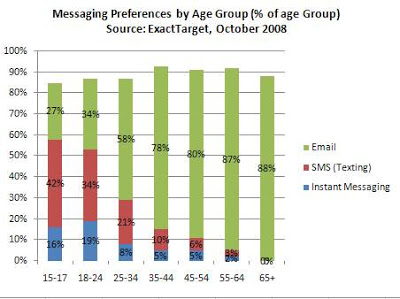
2. Be a Goody-Two-Shoes
As Erin mentioned in her post about marketing to millennials, do-good brands have seen an upsurge—organic, ethically produced products are in high demand. The same can be said for marketing to Generation X. This generation is less prone to moving in the waves of trends, and is more likely to buy a service or product that somehow benefits society or the environment. Toms is a good example of this—though not the most attractive type of shoe, their simple message of “one for one” bolstered this brand to success. A good way to push this branding is through Pinterest and Facebook!

3. Lifestyle Nurture Programs
Because Generation Xers are using social media so much, we marketers have a lot to draw on. Thanks to Facebook’s insane amount of targeting options, we can send ads to new moms, for anniversaries, birthdays, and more. Some companies, like Petco, offer to send disposable items to your house at regular intervals with is a great way to never forget to stock up on kitty litter or dog food. Babies R Us and Toys R Us have a great email program that will send pregnant moms updates month-to-month, and then after birth with age-appropriate toys. This is a great way to establish brand loyalty—you know what’s going on! —and make their busy lives a bit easier.
4. Give Gen Xer’s a Break
Though this generation are self-professed savers, they’re not saving it all for college tuition! About two-thirds of Gen Xers with a household income of $250,000 or more and half Gen Xers with incomes of less $250,000 plan on taking a vacation in the next 12 months. This is a big opportunity across the board! Even if vacations aren’t directly related to your service or product, consider running a sweepstakes. Advertise how you can help while they are away—security companies, looking at you—or goods that they could use on vacation. It’s likely that this generation isn’t buying a vacation for one or two, but instead a family-friendly affair. Which means a lot of planning and money goes into it, use your marketing to win them over and they may use your service for years.
5. Plot Twist: Try Direct Mail
You may not expect what seems to be an outdated form of marketing to work with this generation. But, according to a study from InnoMedia, NuStats, and Vertis, 86% of this generation brings in the mail every day and 68% have used coupons they received in the mail. They are more likely to be receiving paper bills as opposed to electronic, and send birthday cards through USPS instead of email. The days of receiving Chinese take-out menus and newspapers of coupons in your mail box are not over!
Marketing to Millennials
Who Are Millennials?
The generation that is slowly taking over the workforce and out-numbering Baby Boomers, Millennials were born between 1981 and 1999 and came of age during the early 2000’s. This generation is most widely talked to and about on social media and in pop culture—our blog is no exception! Millennials began entering the workforce as the economy crashed, and as a result, are the largest generation of entrepreneurs. They are notoriously soft-hearted and soft-shelled, valuing social issues far ahead of economics. According to the Brookings Institute, 64% of millennials would rather make $40,000 a year at a job they love than $100,000 a year at a job they think is boring.
That said, Millennials are an economic force! With $200B in annual buying power, smart marketers are turning to new channels to hook this generation. They are the least frequent in-store shoppers—which I totally understand, I just went grocery shopping for the first time in a month—but tend to spend large amounts when they do shop. This generation is the most responsive to online shopping opportunities, recommendations from friends and family, and are motivated by shopping ease. Millennials are reshaping the way that goods and services are being marketed by staying unresponsive to traditional marketing tactics. This generation decides where to eat based on Instagram pictures, chooses hair stylists from Facebook and has their groceries delivered to their door.
1. Focus on Innovation
Millennials love the next big thing. As comedies poke fun at trendy coffee shops and restaurants that are becoming popular through social media, Millennials are making the business owners a lot of money! Look at Apple—after Steve Jobs dramatically changed the way a traditional computer looked and felt, the Mac blew up. Even now, Millennials are 21.7% more likely to own a Mac computer and this the is the same generation that is infatuated with each new iPhone release. Think about the way the internet freaked out when Instagram copied Snapchat’s approach of expiring, temporary shares? Or the popularity of online dating apps and photography drones. Marketing to Millennials should take an approach that shows a new perspective on a common problem or task.
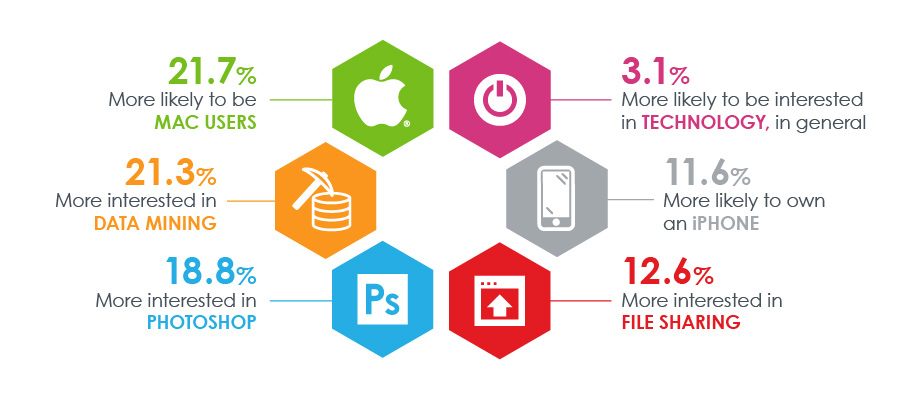
2. Use Reviews!
Millennials are reshaping the way that goods and services are being marketed by staying unresponsive to traditional marketing tactics. This generation decides where to eat based on Instagram pictures, chooses hair stylists from Facebook and has their groceries delivered to their door based on a recommendation from a friend. Millennials like to talk and plan with their friends—68% report that they won’t make a major decision until they have discussed it with people they trust—everything from what neighborhood to live in and how to find it, to where to go on a first date or start a business. Yelp has become a huge source of information for businesses and customers alike, as well as TripAdvisor and Rotten Tomatoes. A great way to market to this generation indirectly is to make sure your online reviews and customer experiences are up to par!
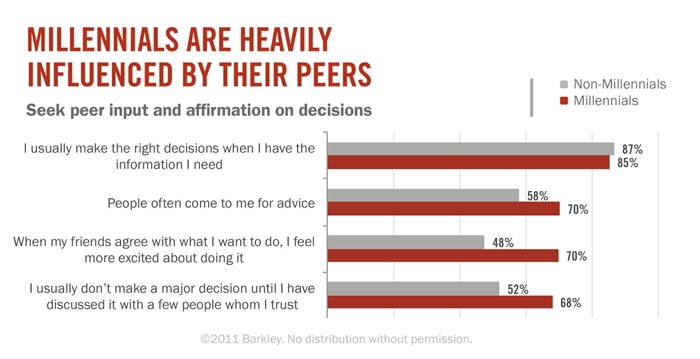
3. Connect with Millennials through Social Media Incentives
To try and harness the power of a millennial on social media, add incentives to your marketing plan. According to Yahoo, 63% of millennials would be more likely to “check-in” to a business on social channels if it meant they’d receive a coupon or discount; 20% off is enough of an incentive to prompt 50% of respondents to visit a retail location. That’s huge! Another way is to add a gateway to an opportunity—yes, you can have the rest of this experience after sharing with 5 of your friends on Facebook or Twitter. Not only does this generate talk about your brand or product online, it can be a great opportunity to get sales leads for your business.
4. Utilize Rewards or Loyalty Programs
If it weren’t for the tragic e. Coli scandal at Chipotle, their new loyalty program would have been the biggest news of the summer. Chipotle checks all the boxes for millennials; ethically farmed meats and veggies, vegetarian options, customizable but fast food with great advertising campaigns. According to the Harris Poll, 77% of millennials already do or are willing to participate in rewards and loyalty programs and 73% of smartphone users are interested in using their mobile devices to interact with brands’ loyalty programs. . Among the stores already doing this and seeing success are Starbucks, Fro-yo places like Red Mango, and Boloco!
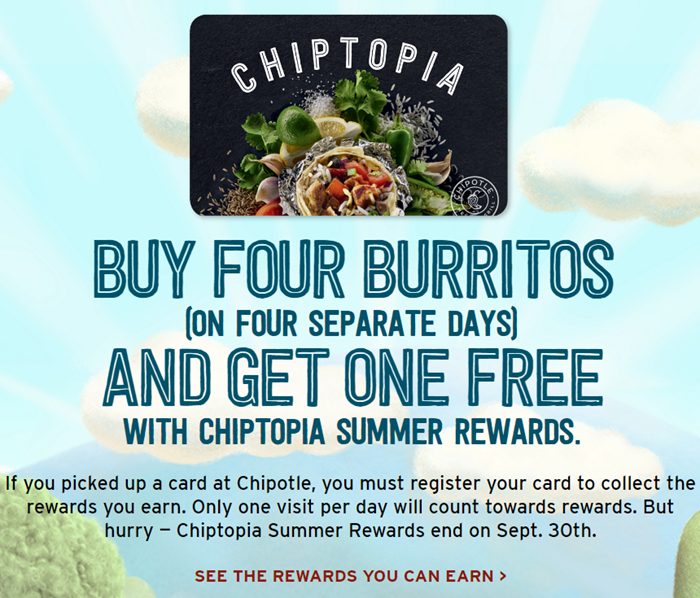
5. Plot Twist: Try Radio Commercials
Though radio advertising may seem like an old-school marketing trick, maybe video really didn’t kill the radio star; it certainly didn’t kill the podcast star. 93% of millennials report listening to the radio for a total of around 11 hours per week. In fact, more millennials listen to the radio than Gen Xers or Baby Boomers, and podcasts are becoming just as popular as Netflix shows (Serial, anyone?). If I ever find myself needing to create a website, it’s very likely I’ll choose Square Space as my platform of choice. Why? Because they sponsor my favorite podcast, Stuff You Should Know. Though I don’t listen to the radio anymore since my commute has changed, I could tell you the place I’d get laser hair removal in Philadelphia and which bars had the best deals for Eagle’s games. Even better, paying for an ad spot on the radio or podcasts helps out the show, and long live NPR!
In Conclusion…
It is important to keep in mind that each generation is comprised of unique personalities, not all people will respond the same way. Don’t throw your other demographic targeting and segmentation strategies out the window! Hopefully these marketing tips will help hook your target generation.
